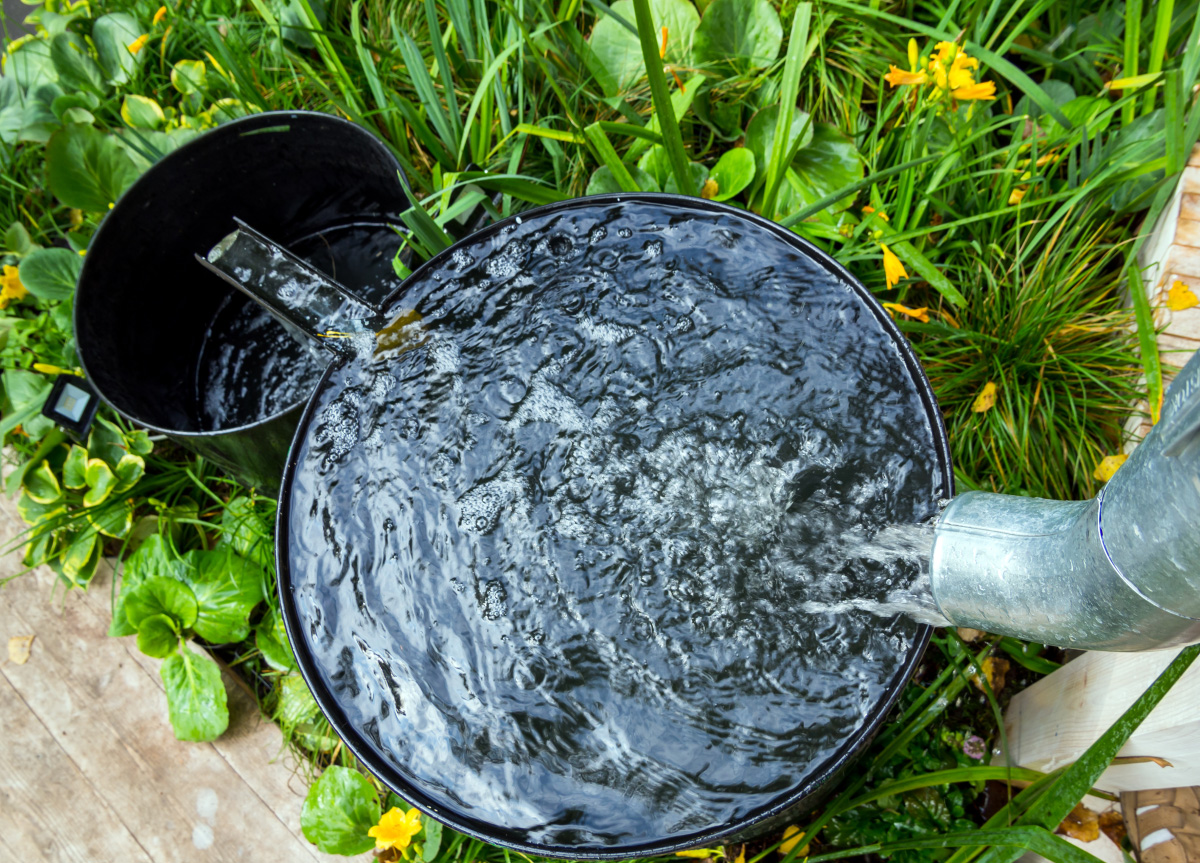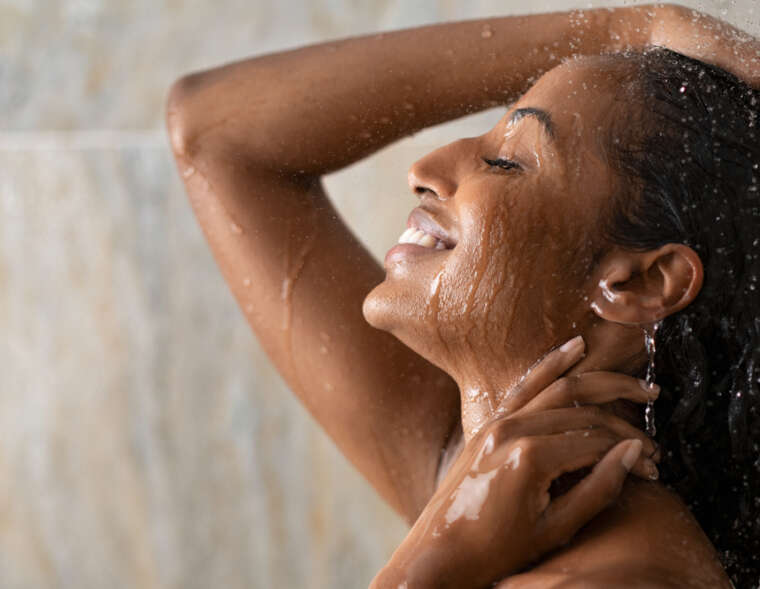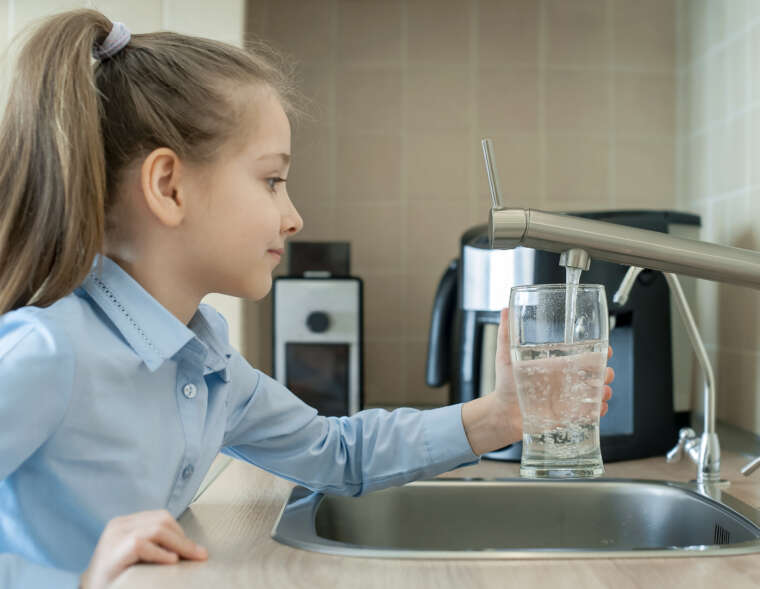Many people like to collect rainwater in a cistern and use it for drinking, bathing, gardening, and more. It seems like a good idea: you save money on your water bill and make the best out of a rainy day. However, new studies show that rainwater is not safe to drink due to the many contaminants that it contains, including PFAS. If you collect rainwater and use it in your daily water supply, make sure to filter and treat it properly to keep you and your household safe and healthy. Metro Water Filter of the South, top experts in home water filters in GA, will help you learn what type of filter you need.
What is in Rainwater?
Rainwater may pick up a variety of substances while on the way to your cistern. According to the CDC, rainwater may pick up bird poop and other contaminants on your roof, such as:
- Bacteria
- Parasites
- Viruses
- Chemicals
Your roof or gutters may add harmful substances to the water, including asbestos, lead, or copper. If this is the first rainfall in a while, the the rainwater may contain dirt and germs that had built up over time on various surfaces.
What are PFAS?
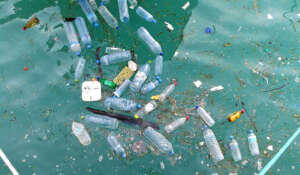
PFAS, or Perfluoroalkyl and Polyfluoroalkyl Substances, refer to substances that leach from plastics. These substances are so small that they can infiltrate the air and water unseen, and they don’t break down in the environment. They typically enter the water supply when plastic in landfills gives off these substances. They then enter the air through sea spray and fall back to the earth as rain.
According to the EPA, levels of at least two forms of PFAS in rainwater, PFOA and PFOS, “often greatly exceed” safe levels in drinking water. PFAS have negative effects on the immune system, cardiovascular system, fertility, and child development.
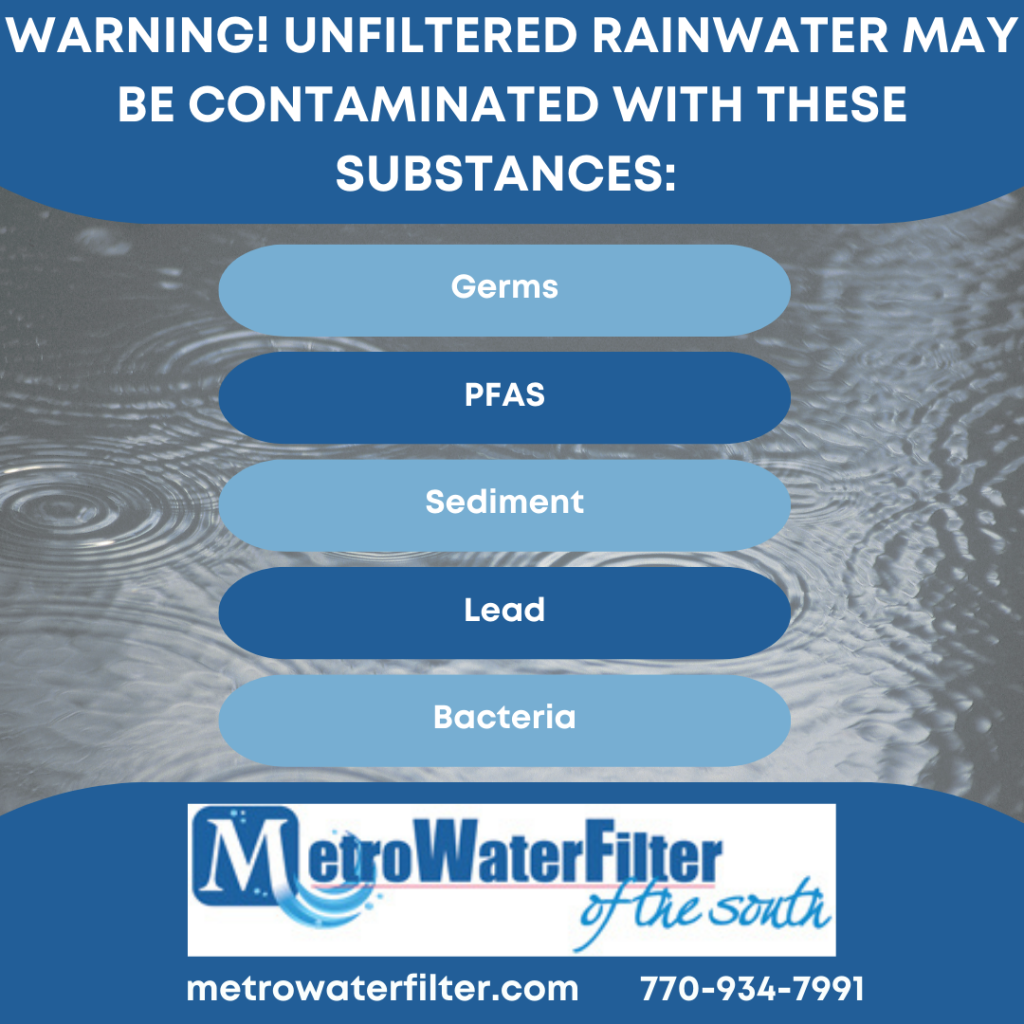
What Can Be Done?
Limit Rainwater Usage
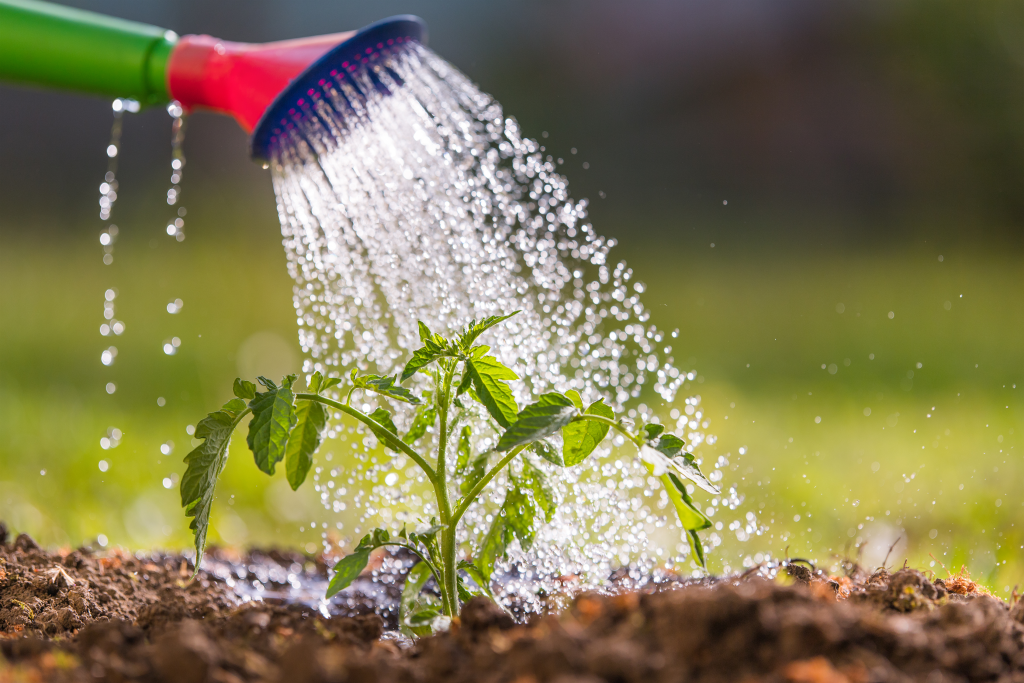
With PFAS and other substances in your rainwater, you don’t want to drink it without treatment. There are a few ways you can continue to collect and use rainwater even when its contaminated. One solution is to limit your use of rainwater. Save your rainwater only for uses where they won’t get into your body, such as watering plants you won’t eat or washing items not used for cooking or eating. For uses such as drinking, brushing teeth, and cooking, use municipal or tap water.
Filtration
If you want to use rainwater for cooking or eating, filtration and treatment removes harmful substances. Metro Water Filter of the South will run a free water diagnosis and discuss the water filtration options that work best for you. We can professionally install a whole-home filtration system and maintain it as needed for years to come.
Let Metro Water Filter of the South Install the Best Filter for You!
The specific contaminants in your rainwater may vary depending on your location and the materials found in your home. Even if your home sees relatively little pollution, your rainwater may still contain harmful materials from around the world. Here at Metro Water Filter of the South, we offer home water filters for GA residents for a variety of substances that may be in your water, including acid water, bacteria, sediments, total dissolved solids, and more.
With more than 50 years in the water filtration business in the Southeast, we have become a top trusted name for homes and businesses. Contact us online or give us a call at 770-934-7991 to get your water diagnosed for free and a professional opinion on the best filter for you.

